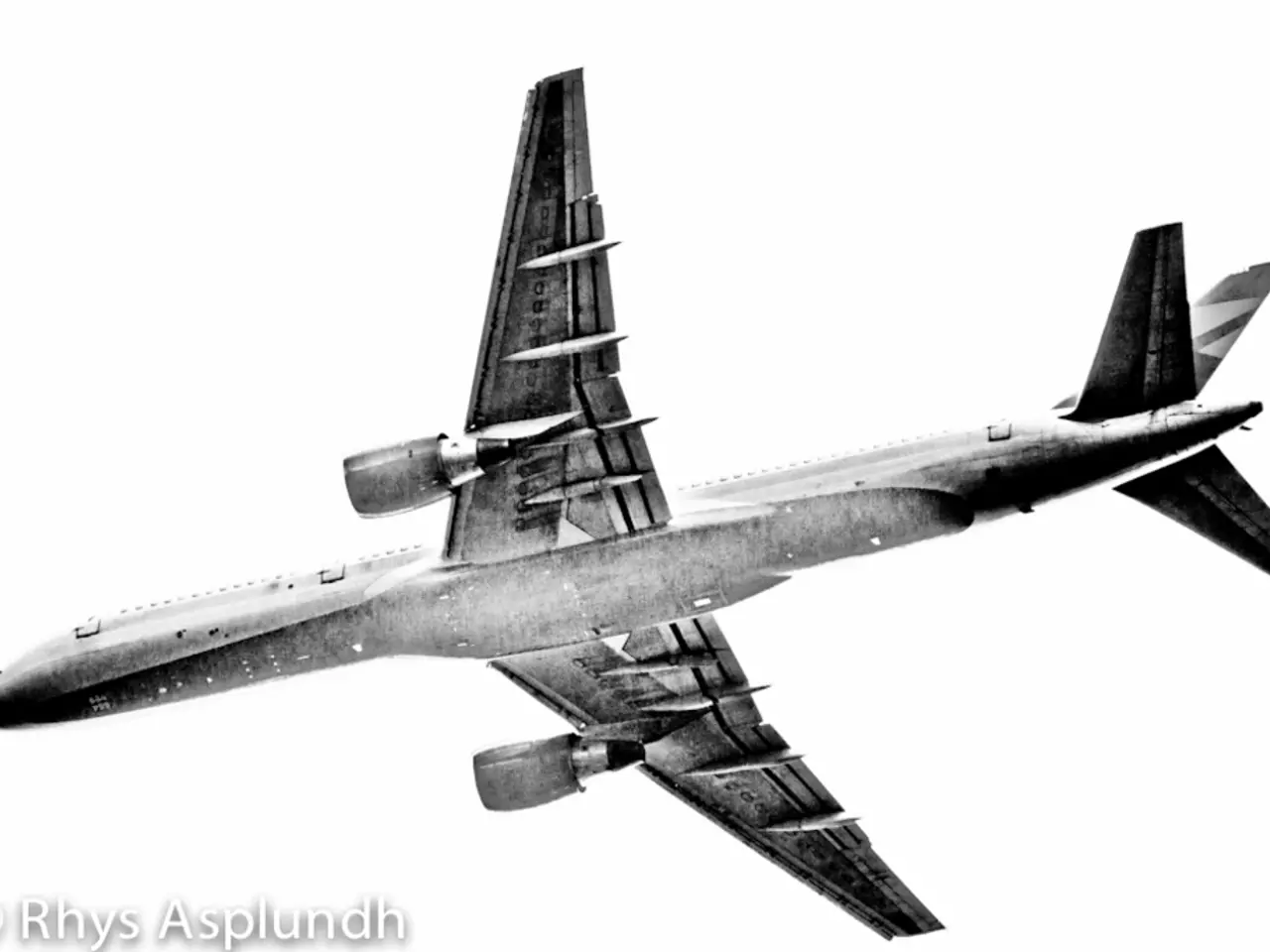Occupational exposure to cosmic rays recognized as potential danger by the court
In a groundbreaking decision, the Seoul Administrative Court has ruled in favour of a former flight attendant in a case against the Korea Workers' Compensation and Welfare Service (K-Comwell). This is the first court ruling in South Korea that acknowledges extended exposure to cosmic rays during years of flight as a potential cause of leukemia, marking a significant shift in the country's approach to occupational hazards for flight crew members.
The plaintiff, who has been a flight attendant since 2009, was diagnosed with leukemia in 2019. They claimed that their decade of flying had led to the cancer. The court's ruling suggests that even minimal doses of radiation, such as those from cosmic rays, can potentially cause harm, despite the accumulated amount not reaching a certain level.
The court mentioned that K-Comwell had previously acknowledged cosmic rays as a contributing cause of acute myeloid leukemia in another case involving a flight attendant's death in 2021. However, in this case, K-Comwell had initially rejected the plaintiff's claims, stating that the plaintiff had accumulated radiation of about 35.02 millisievert, which exceeds the annual limit for radiation exposure for a member of the public (1mSv) or a radiation worker (about 20mSv per year).
Of the plaintiff's 7,672 hours of service in the air, 4,600 hours were on flights that took at least eight hours. The court noted that the plaintiff, who frequently worked on long-haul flights, was exposed to higher levels of cosmic radiation compared to the average cabin crew member.
Cosmic rays, or cosmic radiation, can cause genetic and cytogenetic damage and some studies suggest increased exposure to cosmic radiation increases cancer risks. The International Agency for Research on Cancer classifies ionizing radiation, a component of cosmic rays, as a carcinogen.
The deceased in the aforementioned case was exposed to 1.867mSv of radiation and flew for 5,571 hours as cabin crew. K-Comwell had also acknowledged cosmic ray-induced occupational accidents in some past cases, but the recent court ruling marks the first time such a decision has been made by a court.
Legal representatives of the plaintiff expressed hope that this case could serve as a precedent for future decisions by the state-run K-Comwell. This ruling could potentially open the door for other flight crew members who have been diagnosed with cancer to seek compensation for their illness.
In conclusion, this landmark decision by the Seoul Administrative Court could have far-reaching implications for the thousands of flight crew members who spend years flying at high altitudes. It underscores the need for continued research into the health effects of cosmic radiation and the importance of providing adequate protection for those who work in this high-risk occupation.








